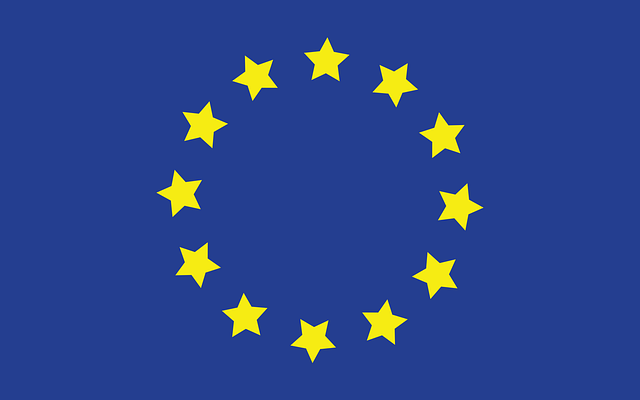The European Union, with its commitment to multilateralism, rules-based governance, and a strong emphasis on human rights and sustainable development, possesses the potential to assume a greater role in global leadership. Its combined economic strength, robust regulatory framework, and diplomatic capabilities position it to effectively address complex international challenges such as climate change, economic inequality, and geopolitical instability. Furthermore, the EU’s focus on international cooperation and its extensive network of alliances could enable it to foster a more collaborative and stable global order.
The EU needs reform to achieve this potential. States that violate the ground rules and values of the EU should first be warned, then, if violations persist, their funding should be withheld, and ultimately, they should be expelled from the group. The first step in this reform is to change the rule requiring unanimous agreement on decisions; this should be replaced with a majority vote system. Secondly, all member states must explicitly agree that racism and fascism have no place in the EU, and any member state whose political leadership embraces such ideologies should face expulsion.
While the expulsion of member states is a controversial and complex issue, some argue that the EU should consider this action for states that persistently violate fundamental EU rules and values. Adherents to this view believe that maintaining the integrity and credibility of the EU as a global leader necessitates enforcing its core principles. They argue that allowing member states to disregard these principles undermines the EU’s ability to effectively promote them on the international stage and could lead other nations to question the EU’s commitment.
Beyond these reforms, the EU should:
- Extend its foreign aid to less developed countries.
- Promote research and development across all fields.
- Protect intellectual property.
- Expand space exploration.
- Promote the diverse cultures of its member states (including language, music, and food).
- Develop technologies that improve quality of life.
As Europeans we love travelling to each other’s country to explore, enjoy the rich culture or simply to take part in some form of sport or festival. Europe is a fabulous amalgamation of peoples and although all may speak different languages this is absolutely no hindrance to creating a group that takes their world responsibilities seriously and can lead the world.





